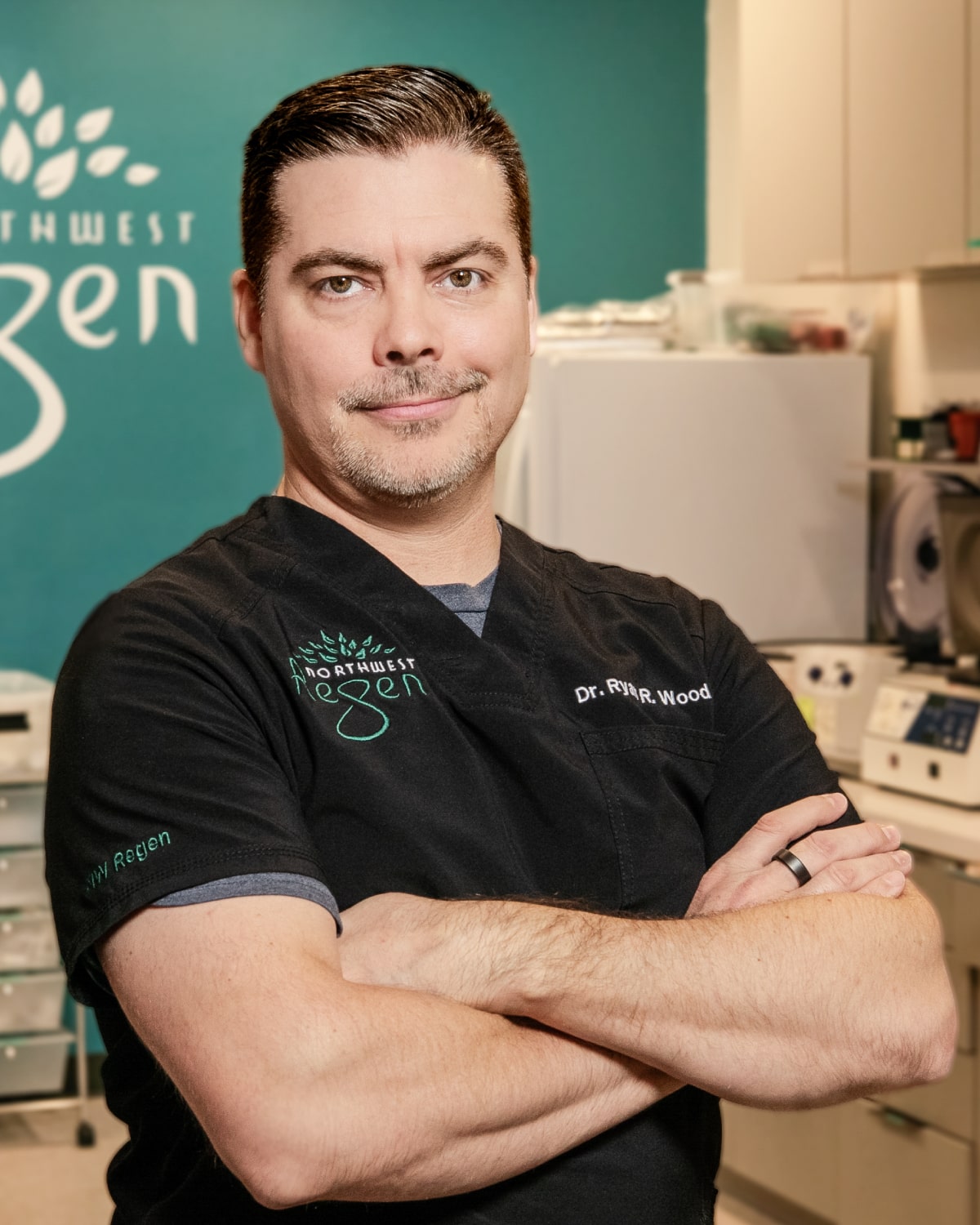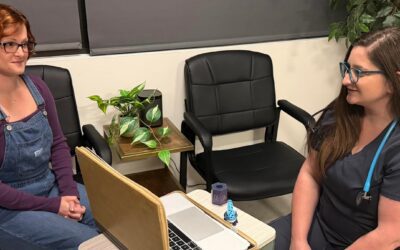As a licensed Naturopathic and Chiropractic physician focusing on interventional orthopedic and orthobiologic medicine and therapies, I answer questions about aches and pains, debilitating conditions, and overall health concerns all day long. And one of the issues I am asked about more often than not is knee pain. In an effort to share information, educate, and perhaps bring some comfort to those suffering, I have compiled answers to the five most frequently-asked knee pain questions.
#1 Is knee pain common?
Knee pain is one of the most common complaints among people of all ages, particularly as they age. It is also the most commonly treated orthopedic condition.
There are numerous causes for knee pain, including those related to aging, injury, or repeated stress on the knee. Osteoarthritis, where the cartilage in the knee deteriorates from wear and tear with normal use and aging, is a common disease among older adults. And the knee is, by far, the most frequently affected joint when it comes to osteoarthritis in aging adults.
#2 When is knee pain serious?
While mild discomfort of the knee is common and generally does not require immediate medical attention, certain symptoms indicate the pain is caused by something more serious. You should make an appointment with a doctor if your knee pain was caused by a strong impact and is accompanied by severe pain or if any of the following exist:
- significant swelling,
- redness, tenderness, and warmth,
- you are unable to bear weight on it or extend it fully, or
- you have a fever.
#3 Will knee pain get better on its own?
I hear this a lot. People say they don’t have time to go to the doctor and feel that the pain isn’t unbearable. Surely, they think, it will just go away. While I’m all for maintaining such positivity, unfortunately, it doesn’t tend to work out that way when it comes to knee pain.
If the ligaments and tendons that hold the knee together become loose or weakened, there is a lack of tissue integrity, causing the knee to become out of alignment. Without proper and timely intervention, the joint would soon experience the same misalignment, causing an increase in discomfort and pain and eventually affecting other parts of the body. However, with proper treatment, the knee would be back in balance and regain strength, helping the ligaments and tendons restore to healthier states as well. So, while I would like nothing better than to tell you your knee pain will just get better on its own, it is unlikely, and you may do more harm by waiting, requiring more intensive treatment.
#4 What can I do to try to minimize the risk of knee pain?
We can all establish improved, healthier lifestyle habits in our day-to-day routines to try to minimize the risk of knee pain (along with other health conditions) in the future. Some of those habits and activities include:
- Maintaining a healthy weight,
- Wearing shoes with proper support,
- Stretching before physical activity, and
- Building up muscle through age-appropriate exercise.
#5 What non-invasive treatments are available?
Having an effective and safe treatment option is important to help us all live healthier, more active lives. While treatment often depends on the cause of the pain, many options exist. For example, if ligament damage is the cause, prolotherapy may help to restore and repair the damaged, stretched, or torn ligaments through a simple, effective, and non-surgical treatment.
For knee osteoarthritis, a recent study, “Platelet Rich Plasma Versus Hyaluronic Acid in the Treatment of Knee Osteoarthritis,” found that PRP injections could significantly reduce patients’ early pain and improve function as a non-surgical option. In fact, as one of the leading experts in PRP therapy in the Portland community, we find it to be particularly effective for repairing knee injuries and treating osteoarthritis.
At NW Regen, our goal is to provide the best, most informed medical options to treat our patients. We believe strongly that knowledge is power, so we take the time to educate and empower our patients to help them make the best decisions and achieve the best results. With the appropriate knowledge and understanding of their condition and the treatment options available, patients can confidently take back their lives. Having the ability to effectively perform natural, non-surgical treatments, such as PRP, is a significant part of our tailored approach. Contact us to learn more.

Dr. Ryan Wood is a licensed Naturopathic and Chiropractic physician focusing on interventional orthopedic and orthobiologic medicine and injection therapies as well as general musculoskeletal and non-surgical orthopedic medicine.
With almost two decades of orthopedic practice across multiple disciplines, he has the necessary experience to ensure proper diagnoses and management of complex cases.


